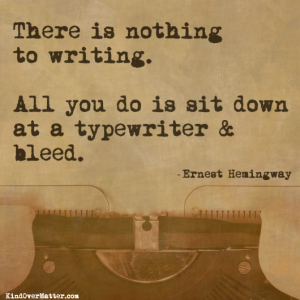 When Michael Douglas immortalised Wall Street kingpin Gordon Gekko in the late 80s, the shrewd player blatantly professed that ‘greed, for lack of a better word, is good’. A powerful anti-hero corporate raider, Gekko possessed the very skills needed to survive in a cut-throat market. Oliver Stone’s Wall Street went on to become an overnight sensation, while personifying the raw emotion governing the financial sector.
When Michael Douglas immortalised Wall Street kingpin Gordon Gekko in the late 80s, the shrewd player blatantly professed that ‘greed, for lack of a better word, is good’. A powerful anti-hero corporate raider, Gekko possessed the very skills needed to survive in a cut-throat market. Oliver Stone’s Wall Street went on to become an overnight sensation, while personifying the raw emotion governing the financial sector.
Some may argue that Gekko was ruthless and his morals questionable. I beg to differ – are we so different? Deep down, we all have a little ‘Gekko’ in us and, ladies and gentlemen, that is what makes the world go round. We save money every step of our average lives, only to buy a bigger house and a faster car. Perhaps even a yacht, if we could save some more! What could possibly go wrong?
‘greed, for lack of a better word, is good’
In the quest for our materialistic ventures, it is the creation of sub-primes and credit swaps that fill our pockets with money – that doesn’t exist! We create our bubble, and then shred it to pieces not once, but twice (read: double dip), on most occasions.
But then again, where lies the moral hazard?
Is there a guarantee that we will not make the same mistake again? Why should we not buy another property if the market picks up? Perhaps the little ‘Gekko’ in us has consumed our mortality. But have we learnt our lesson – is greed good?
 Every artist pines for the moment when he painfully scripts that masterpiece. A work of art so elegant, surreal and reflecting of the artists’ true nature, that he feels his purpose is now complete. Anything else he was to create would be but a lacklustre combination of words or musical notes, incomparable to his finest creation, into which the very aura of his existence were materialistically personified.
Every artist pines for the moment when he painfully scripts that masterpiece. A work of art so elegant, surreal and reflecting of the artists’ true nature, that he feels his purpose is now complete. Anything else he was to create would be but a lacklustre combination of words or musical notes, incomparable to his finest creation, into which the very aura of his existence were materialistically personified. Back in the stone age, I used an abacus to perform complex calculations at school. Not really, but that’s the era my students associate me with! As part of the older generation, I’ve been through the traditional schooling system complete with a morning assembly, pages and pages of theory explained in class and long hours reserved for after-school homework. Teachers were pretty much the same, except for their distinctive accents and personality types. But their delivery methods were similar. At the risk of almost sounding ungrateful, there was never any ‘change’.
Back in the stone age, I used an abacus to perform complex calculations at school. Not really, but that’s the era my students associate me with! As part of the older generation, I’ve been through the traditional schooling system complete with a morning assembly, pages and pages of theory explained in class and long hours reserved for after-school homework. Teachers were pretty much the same, except for their distinctive accents and personality types. But their delivery methods were similar. At the risk of almost sounding ungrateful, there was never any ‘change’.